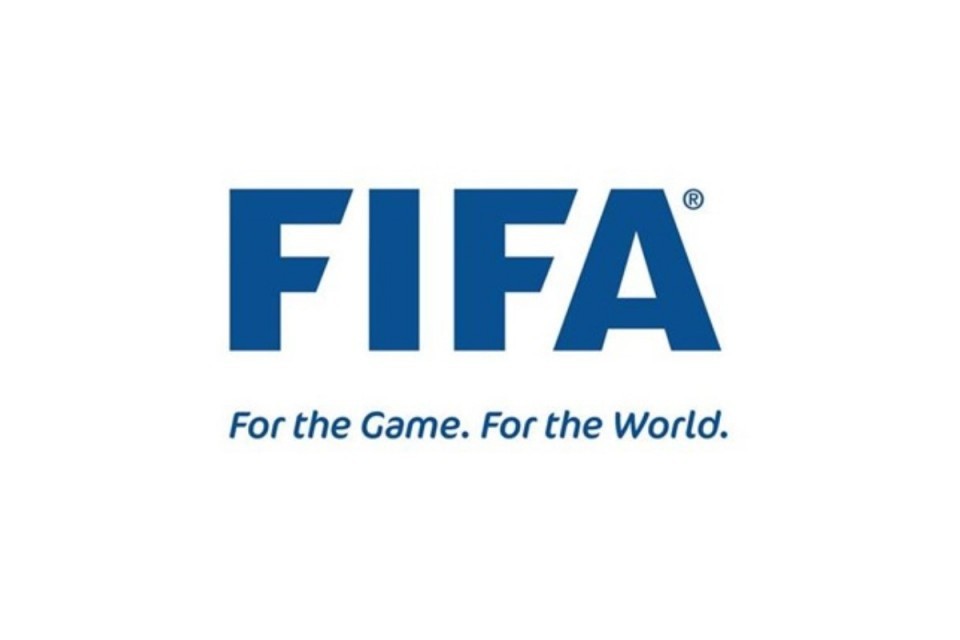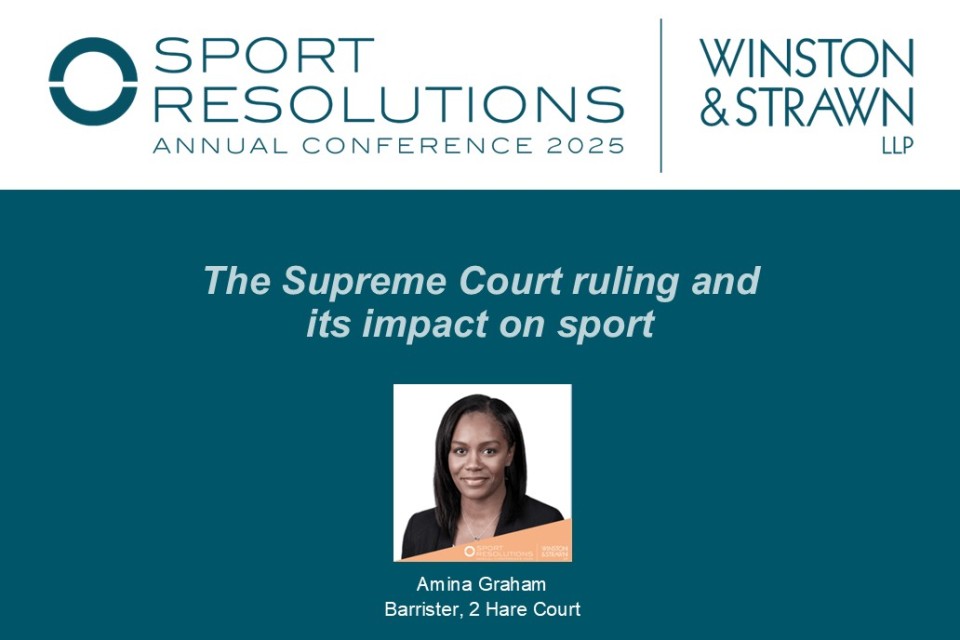Wed, December 04, 2024
FIFA condemned due to Saudi Arabia’s 2034 World Cup bid

FIFA is being attacked over Saudi Arabia’s 2034 bid to host the World Cup due to human rights concerns. FIFA gave Saudi Arabia a “medium” human rights risk rating for its bid to host the 2034 World Cup. Subsequently, Amnesty International and the Sports & Rights Alliance have argued that this undermines serious human rights risks.
It was also deemed low risk on sustainability and environmental protection, despite the report emphasising the significant impact of the extensive construction needed to prepare Saudi Arabia. It noted, however, that the bid “lays a solid foundation for implementing mitigation measures to tackle some of the environmental challenges.”
The record score was also awarded despite no clarity on when the tournament could be played, with the report highlighting daytime temperatures in the capital Riyadh being in excess of 40 degrees Celsius in the traditional World Cup months of June and July.
For a long period of time, Amnesty International and other organisations have campaigned for FIFA to compensate workers and their families who were exploited whilst preparing for the 2022 World Cup in Qatar. An independent report concluded that FIFA, and other stakeholders, had a responsibility to provide compensation to affected workers. FIFA’s Human Rights Sub-Committee supported this verdict.
Despite this, on 27 November, FIFA launched its 2022 World Cup Legacy Fund, and it did not provide any compensation for workers. Amnesty’s Steve Cockburn expressed: “It is astonishing that in the same week that FIFA has finally released this report, it has not only launched the Legacy Fund without any compensation for workers but also approved Saudi Arabia's bid for the World Cup without considering the likely human cost.”
FIFA has also given Saudi Arabia’s bid an average score of 4.2 out of 5, higher than the joint bid by the United States, Canada and Mexico for the 2026 World Cup. FIFA voiced that Saudi Arabia’s bid offered: “Significant opportunities for a positive impact on human rights," and that: “The tournament could act as a catalyst for current and future reforms and contribute to positive outcomes for the people of Saudi Arabia and the region.”
Furthermore, FIFA also said that implementing human rights measures would require “considerable effort and time.”
The FIFA congress will take place on December 11, where the hosts for the 2030 and 2034 World Cups will be confirmed. Saudi Arabia is the only candidate for 2034, while Morocco, Spain and Portugal are bidding for the 2030 World Cup.
Cockburn also voiced: “Fundamental human rights reforms are urgently needed in Saudi Arabia. Without them, the 2034 World Cup will inevitably be marred by exploitation, discrimination and repression. FIFA's decisions not only undermine the credibility of the organisation but also risk history repeating itself, with workers and vulnerable groups once again paying the price.”
Cockburn also said that FIFA’s support and encouragement of Saudi Arabia’s bid is: “a shocking whitewash of the country's appalling human rights record.”
He continued: “There are no meaningful commitments to prevent the exploitation of workers, forced evictions or arrests of activists. By ignoring clear evidence of serious human rights risks, FIFA is likely to bear significant responsibility for the violations and abuses that will occur over the next decade.”
Human rights organisations suggest that Saudi Arabia hosting the World Cup is an example of “sportswashing” - the use of sport to redirect public attention away from unethical conduct. The organisations argue that hosting the World Cup in Saudi Arabia would divert attention away from mass executions, allegations of torture, restrictions on freedom of expression and restrictions on women's rights.
Cockburn also added: “Saudi Arabia uses sport to launder its international reputation, but no amount of tournaments or PR campaigns can hide the reality of its human rights abuses. FIFA's decision to support this bid despite overwhelming evidence of the risks is deeply irresponsible.”



